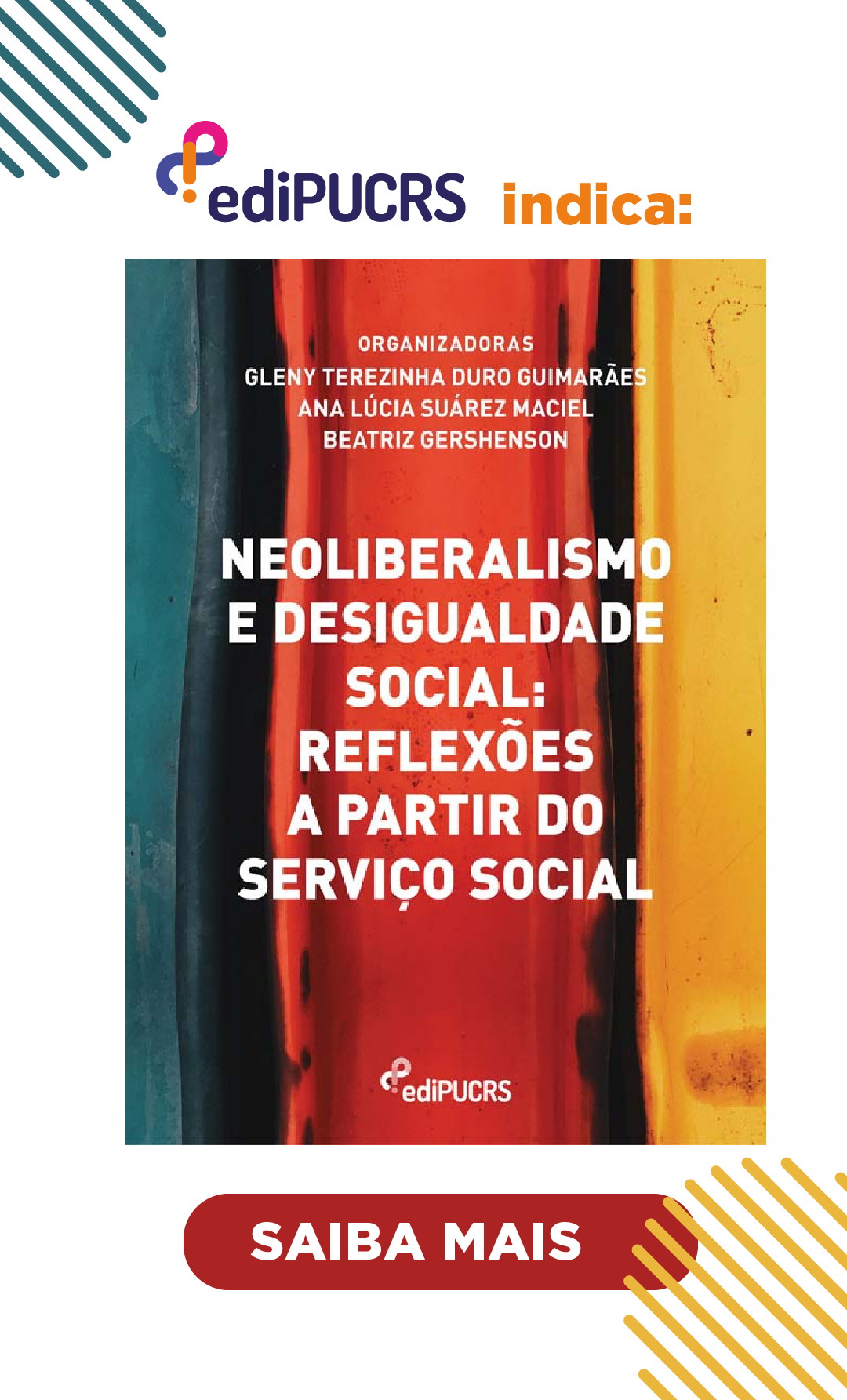Culture and social class in Post-modernity: Tensions and Perspectives
Keywords:
Culture. Class Identity. Post-modernity. Conflict capital–work. Social Work.Abstract
The present work aims to bring some reflections that emerged during the Master program in Social Work at PPG/FSW/UERJ, concerning the theme culture, object of study in the present program. However, for this article, we seek to introduce the theme through the discussion of the concept social class, a concept of great importance, in order to articulate the culture to a transformative project of society, that was linked in the past with the world of labor, and nowadays, it appears fragmented. Thus, it is needed to raise some questions about the concept of class which in the post-modernity, seems to loose centrality, which is understood as a repercussion of society’s transformations in course at the current historical moment. These transformations, since the decade of 1970, have been developed as a product of economic and political strategies for overcoming the structural crisis of capital that is placed in that period. Due to the late and subordinated inclusion in the capitalist society, such effects are here more deep and severe. As a result, the work aims to call the attention for the importance of Social Work to face this debate in a critical manner once the conflict capital X labor still remains central in society, and so, the profession still continues facing day by day the expressions of this conflict.Key-words: Culture. Class Identity. Post-modernity. Conflict capital–work. Social Work.
Downloads
Downloads
Published
How to Cite
Issue
Section
License
Copyright
The submission of originals to Textos & Contextos (Porto Alegre) implies the transfer by the authors of the right for publication. Authors retain copyright and grant the journal right of first publication. If the authors wish to include the same data into another publication, they must cite Textos & Contextos (Porto Alegre) as the site of original publication.
Creative Commons License
Except where otherwise specified, material published in this journal is licensed under a Creative Commons Attribution 4.0 International license, which allows unrestricted use, distribution and reproduction in any medium, provided the original publication is correctly cited.





